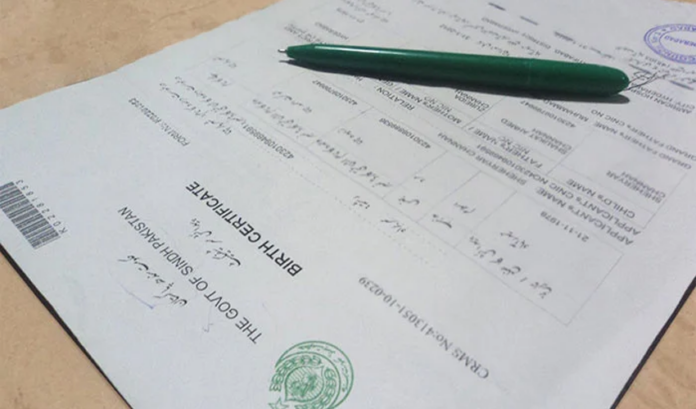B-Form
ISLAMABAD: The government has taken a significant step by abolishing the mandatory requirement of the ‘B-Form’ for admissions to federal government schools. This decision is aimed at improving school enrollment rates and reducing the number of out-of-school children across Pakistan.
Secretary of Education Mohiuddin Wani announced the policy change, highlighting its goal to address the barriers that disproportionately affected vulnerable populations.
He emphasized, “Our aim is to ensure that every child has access to quality education.” This move is effective immediately and applies to all children residing in Islamabad, regardless of their documentation status.
The notification issued by Pakistan’s education ministry ensures that every child in the capital city can now enroll in government schools.
This inclusive policy is expected to have a profound impact on school attendance and educational access for children in Islamabad.
By removing the bureaucratic requirement of the ‘B-Form’, which was often a barrier for many families, the government aims to encourage more children to attend school and receive quality education.
According to UNICEF data, Pakistan faces significant challenges regarding out-of-school children, ranking second globally with an estimated 22.8 million children aged 5-16 not attending school.
Recent reports suggest that this number has risen to 28 million. The abolition of the ‘B-Form’ requirement is part of broader efforts to tackle this educational crisis by making schools more accessible and inclusive.
This reform is expected to streamline the enrollment process and ensure that educational opportunities are available to all children in Islamabad, irrespective of their background or documentation status.
It reflects a commitment to promoting universal education and addressing educational disparities that have long hindered Pakistan’s progress in achieving educational goals.
Moving forward, the government’s focus will likely be on implementing this policy effectively, monitoring its impact on enrollment rates, and continuing efforts to reduce the number of out-of-school children nationwide.
By making education more accessible, Pakistan aims to improve literacy rates, empower its youth, and foster a more inclusive society.
I am a dynamic professional, specializing in Peace and Conflict Studies, Conflict Management and Resolution, and International Relations. My expertise is particularly focused on South Asian Conflicts and the intricacies of the Indian Ocean and Asia Pacific Politics. With my skills as a Content Writer, I serve as a bridge between academia and the public, translating complex global issues into accessible narratives. My passion for fostering understanding and cooperation on the national and international stage drives me to make meaningful contributions to peace and global discourse.










